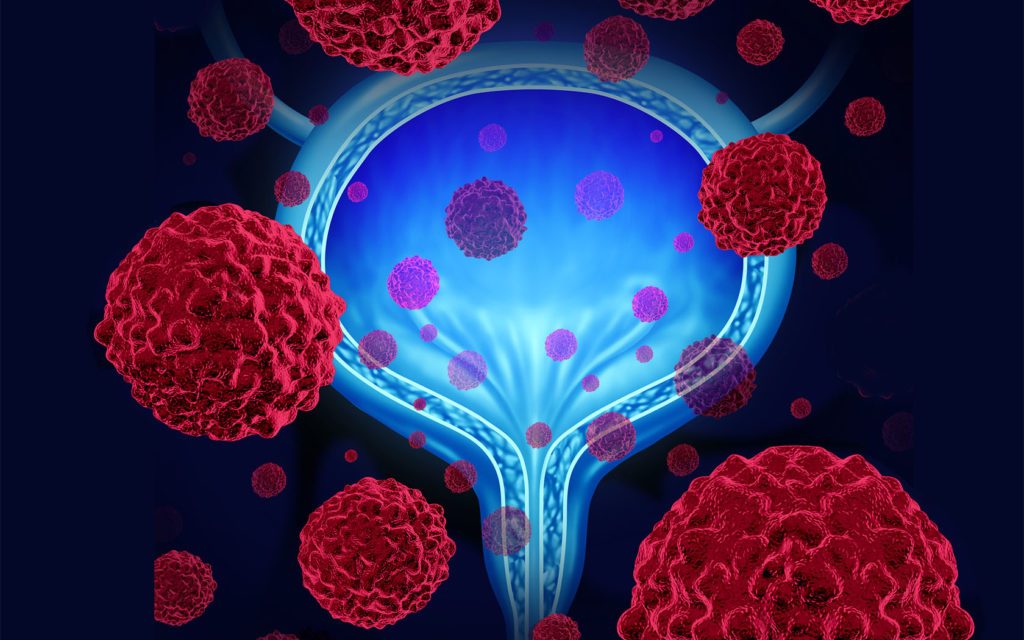
Dr. Waseem Abbas
Cancer Treatment Specialist
Director Research, Max Hospital, Shalimar Bagh
How to contact me
Max Superciality Hospital, FC 50, C and D Block, Shalimar Place Site, Shalimar Bagh, New Delhi, Delhi 110088
Phone: +91 98112 42729
Email: drabbasdoc@gmail.com
Search this website
Common Cancers in India
Get a free E-consultation about lung cancer immunotherapy in Delhi
Immunotherapy for Bladder Cancer in Delhi NCR – Patient Information

Immunotherapy for bladder cancer has a long history, including the first FDA-approved immunotherapy treatment (BCG) in 1990.
Bladder cancer is the ninth most common worldwide. Most bladder cancers begin in transitional epithelial cells that make up the inner lining of the bladder. As these tumors grow, they can invade the surrounding connective tissue and muscle. In advanced disease, tumors spread beyond the bladder to nearby lymph nodes or pelvic organs or metastasize to more distant organs, such as the lungs, liver, or bone.
Mens are more likely than women to be affected by bladder cancer—about 75% of new cases and deaths are in men—but the reasons for this gender difference are not clear. Because their disease is likely to recur, or come back, patients with bladder cancer must undergo surveillance for an extended period.
When considered by stage, the 5-year relative survival rates for patients with tumors restricted to the inner layer of the bladder or those with disease localized to the bladder are 96% and 70%, respectively. The rates drop to 34% for those with disease that has spread locally beyond the bladder and to 5% for patients with distant metastases.
Although most newly-diagnosed bladder cancers have not invaded the muscle layer, patients with high-grade (abnormal) tumors have a significant risk of dying from their cancers. Tumor recurrence is also a major concern even for patients with low-grade disease and requires extensive follow-up. Better treatments, such as novel immunotherapies, might reduce recurrence rates and improve the survival of patients with bladder cancer.
Bladder Cancer Treatment Options

Most cases of bladder cancer are caught relatively early, and are treatable with immunotherapy. Traditional treatments for bladder cancer include surgery and chemotherapy.
For patients with bladder cancer that has not invaded muscle tissue, treatment consists of surgical removal of the tumor followed by one dose of chemotherapy, usually mitomycin C, within the bladder (so called intravesical chemotherapy). After recovering from surgery, patients with a lower risk of disease progression may undergo surveillance or additional intravesical chemotherapy. Patients with moderate- to high-grade disease often receive intravesical immunotherapy with a weakened, live bacterium, bacillus Calmette-Guérin (BCG). BCG was the first FDA-approved immunotherapy and helps reduce the risk of bladder cancer recurrence by stimulating an immune response that targets the bacteria as well as any nearby bladder cancer cells. Approximately 70% of bladder cancer patients go into remission after BCG therapy.
Standard treatment for patients with bladder cancer that has invaded muscle tissue includes cisplatin-based chemotherapy followed by surgical removal of the bladder or radiation therapy and concomitant chemotherapy. Recurrent bladder cancer is treated with combination chemotherapy regimens, including gemcitabine plus cisplatin (GC) or methotrexate, vinblastine, doxorubicin, and cisplatin (MVAC).
Immunotherapy is class of treatments that take advantage of a person’s own immune system to help kill cancer cells. There are currently eight FDA-approved immunotherapy options for bladder cancer.
Targeted Antibodies
Enfortumab vedotin (Padcev®): an antibody-drug conjugate that targets the Nectin-4 pathway and delivers toxic drugs to tumors; approved for subsets of patients with advanced bladder cancer
Sacituzumab govitecan (Trodelvy®): an antibody-drug conjugate that targets the TROP-2 pathway; approved for subsets of patients with advanced bladder
Cancer Vaccines
Bacillus Calmette-Guérin (BCG): uses weakened bacteria to stimulate the immune system; approved for early-stage bladder cancer
Immunomodulators
Atezolizumab (Tecentriq®): targets the PD-1/PD-L1 pathway; approved for subsets of patients with advanced urothelial carcinoma
Avelumab (Bavencio®): targets the PD-1/PD-L1 pathway; approved for subsets of patients with advanced bladder cancer, including as first-line maintenance therapy after chemotherapy”
Dostarlimab (Jemperli): a checkpoint inhibitor that targets the PD-1/PD-L1 pathway; approved for subsets of patients with advanced bladder cancer that has DNA mismatch repair deficiency (dMMR)
Nivolumab (Opdivo®): targets the PD-1/PD-L1 pathway; approved for subsets of patients with advanced bladder cancer
Pembrolizumab (Keytruda®): targets the PD-1/PD-L1 pathway; approved for subsets of patients with advanced bladder cancer
Immunotherapy has significantly reduced the risk of recurrence for bladder cancer while also increasing the percentage of patients who see a complete response post-surgery. Investigational bladder cancer immunotherapies—those that “train” the body’s immune system to recognize bladder cancer cells—have the potential to further improve outcomes for patients with this disease.
